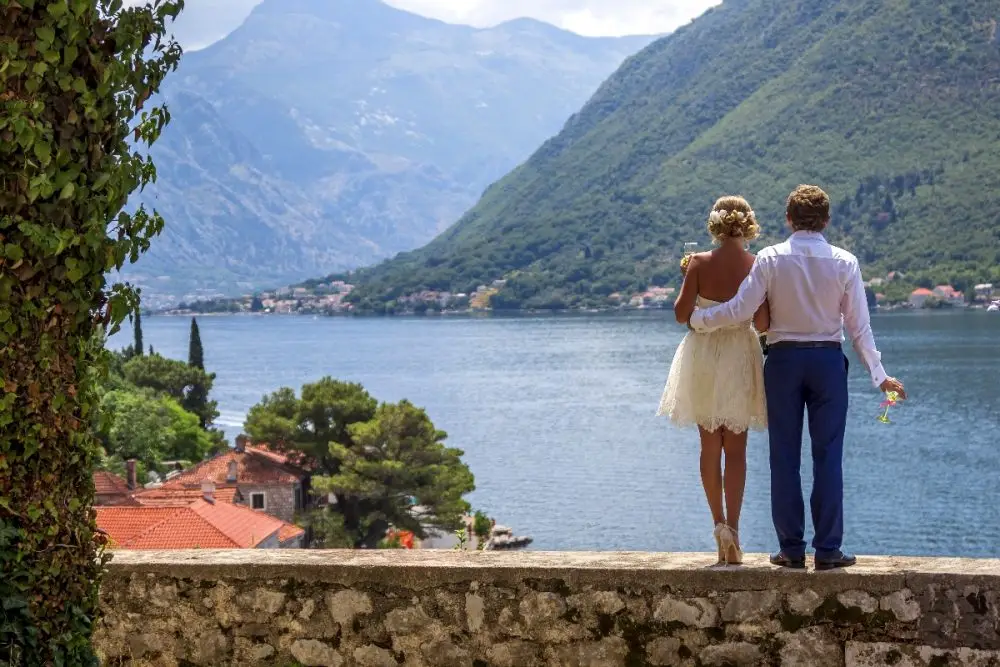
Citizenship by naturalization has long been transformed from an abstract legal procedure into a strategic tool. This decision is often based not only on the desire to strengthen the legal status, but also on a specific calculation: access to international opportunities, change of tax jurisdiction, protection of rights, freedom of movement. The naturalization process forms …
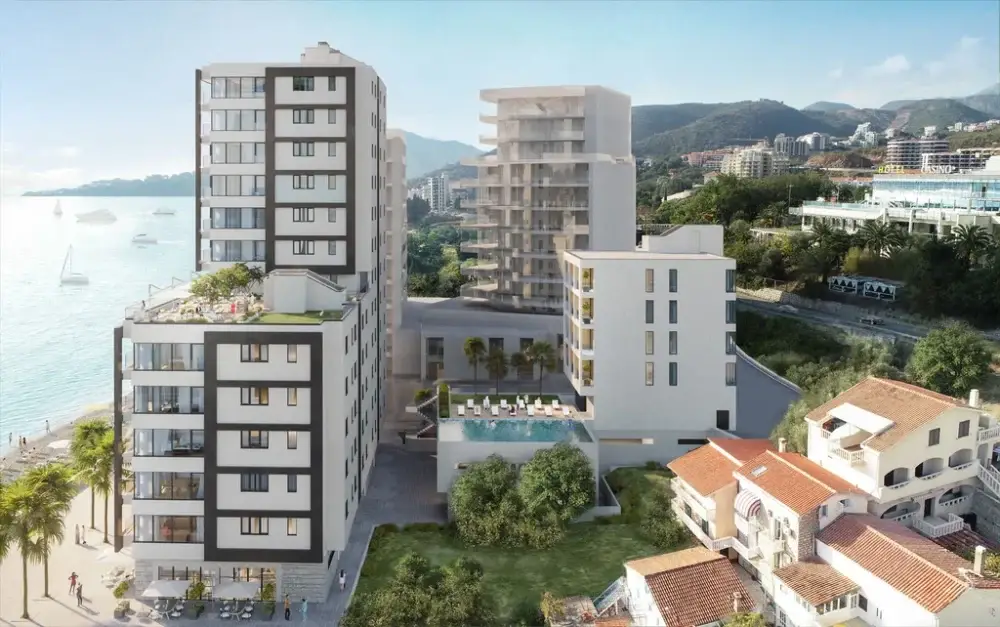
Investing in property overseas no longer looks like a luxury – it has become a sound strategy for capital protection and growth. The benefits of investing in overseas commercial property open up a world of opportunities for investors, from stable cash flow to value growth in rapidly developing regions. Choosing the right market becomes the …
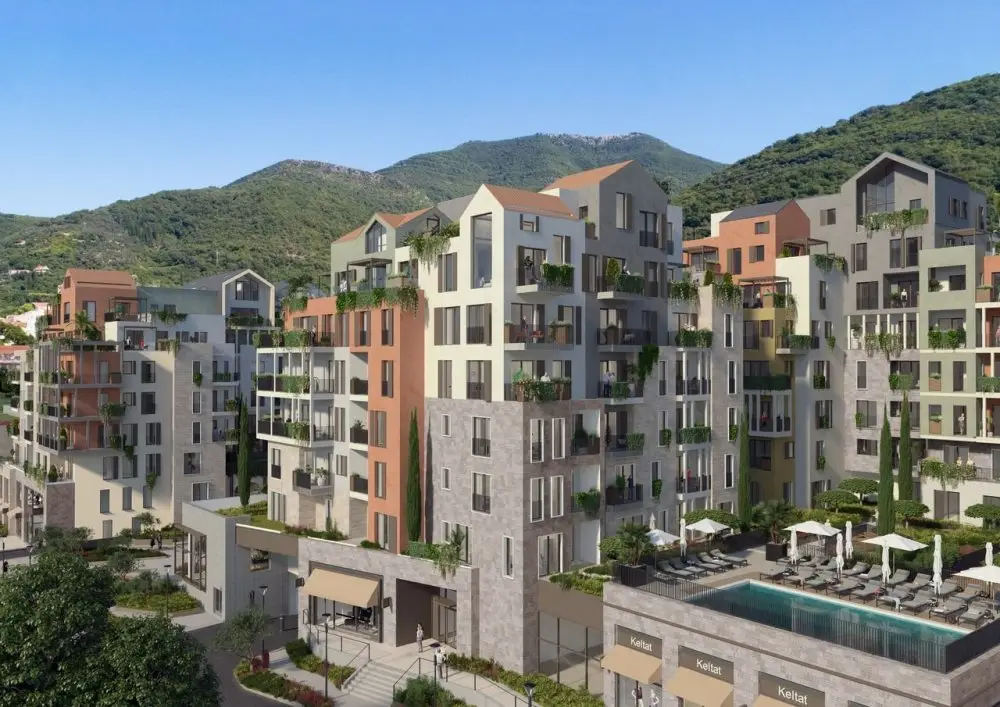
Montenegro, with its breathtaking scenery, mild climate and status as one of the most affordable countries to buy property in Europe, has become a real magnet for foreign investors in recent years. Interest in the Balkan property market is steadily growing. But is it really worth buying property in Montenegro in terms of long-term benefits …
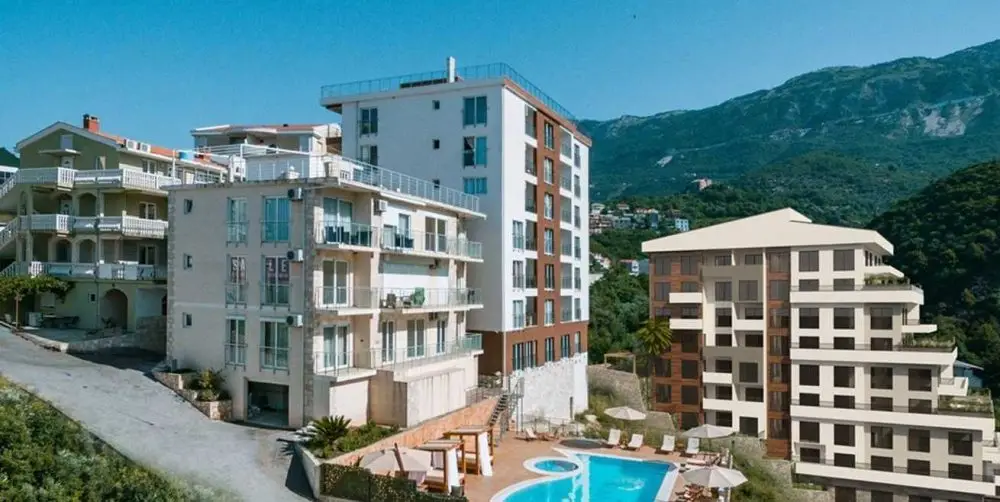
The pearl of Montenegro is famous for its beautiful coastline, mild climate and developed infrastructure. Property in Budva is increasingly attracting foreign investors, tourists and those looking for an ideal place to live. It is a location that combines the beauty of nature, culture and comfort of modern life. Overview of the property market in …
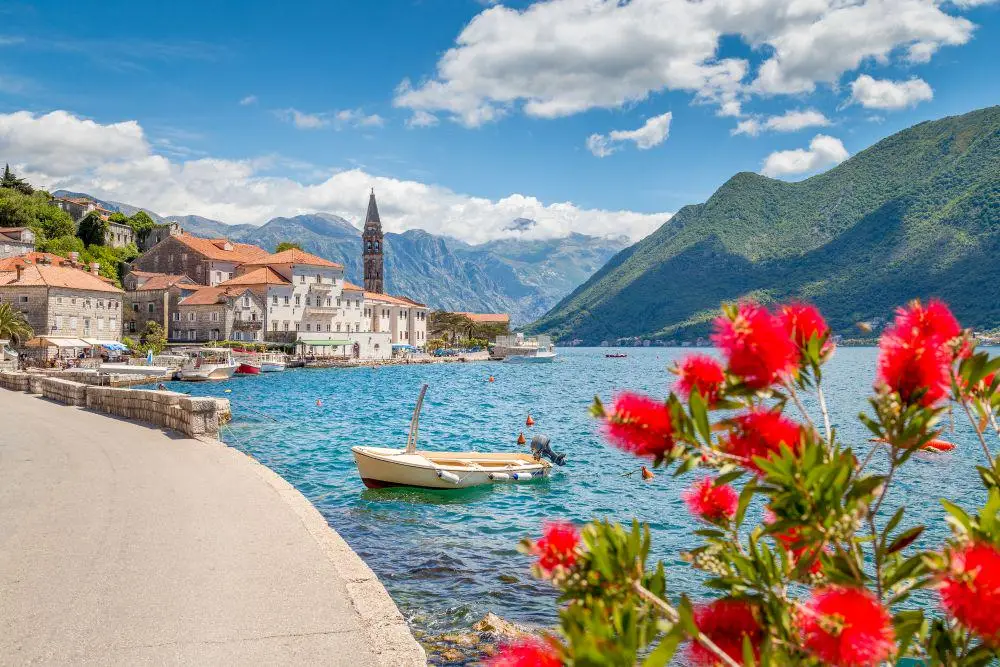
Montenegro attracts Russians and other foreigners with picturesque landscapes, mild climate and the opportunity to buy property by the sea. But before you take that important step, it is worth considering all the advantages of living in Montenegro and understanding whether buying property here is really a justified decision. Living by the Adriatic Sea: romance …
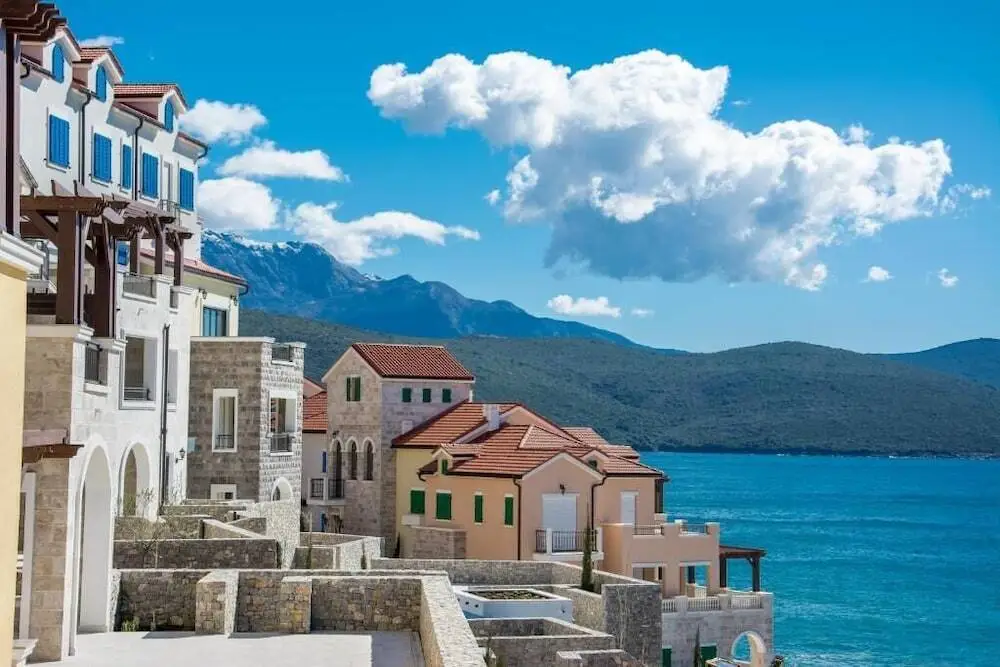
Stable economy, mild climate and affordability make the sunny country attractive to investors from all over the world. Montenegro’s developed property market offers a wide range of properties for purchase – from cosy flats to luxury villas. Tax incentives and simple procedures emphasise the benefits of investment. Economic advantages of buying property in Montenegro The …
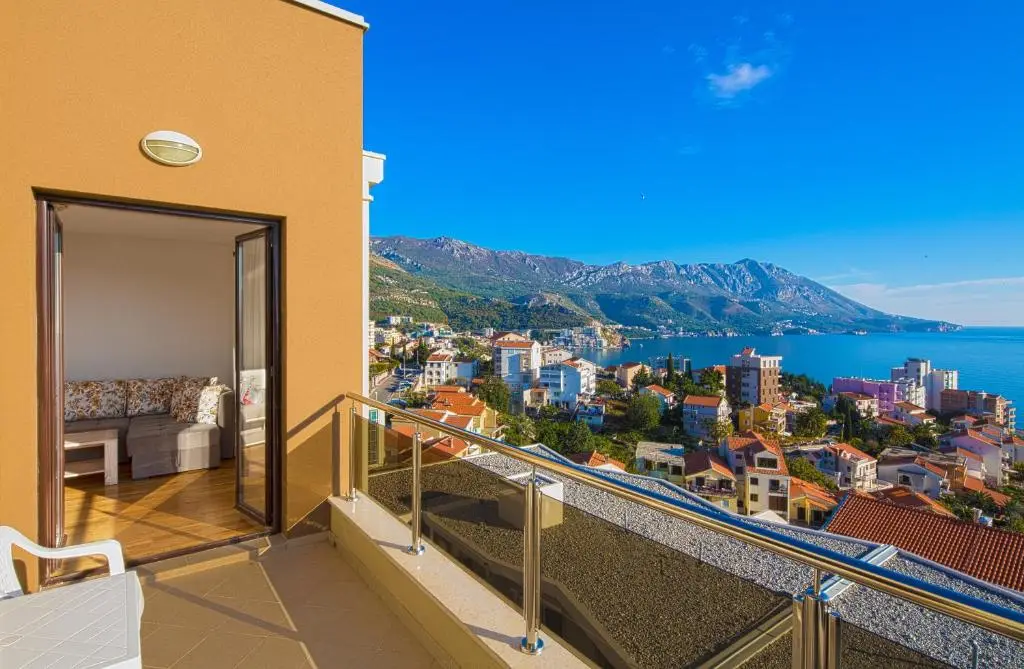
Buying property abroad is an important decision that requires care and knowledge. Many people want to buy a flat in Montenegro, and no wonder: beautiful beaches, a stable economy and a European standard of living. Learn the key points to avoid mistakes and make the right choice. Why Montenegro is the ideal place to buy …
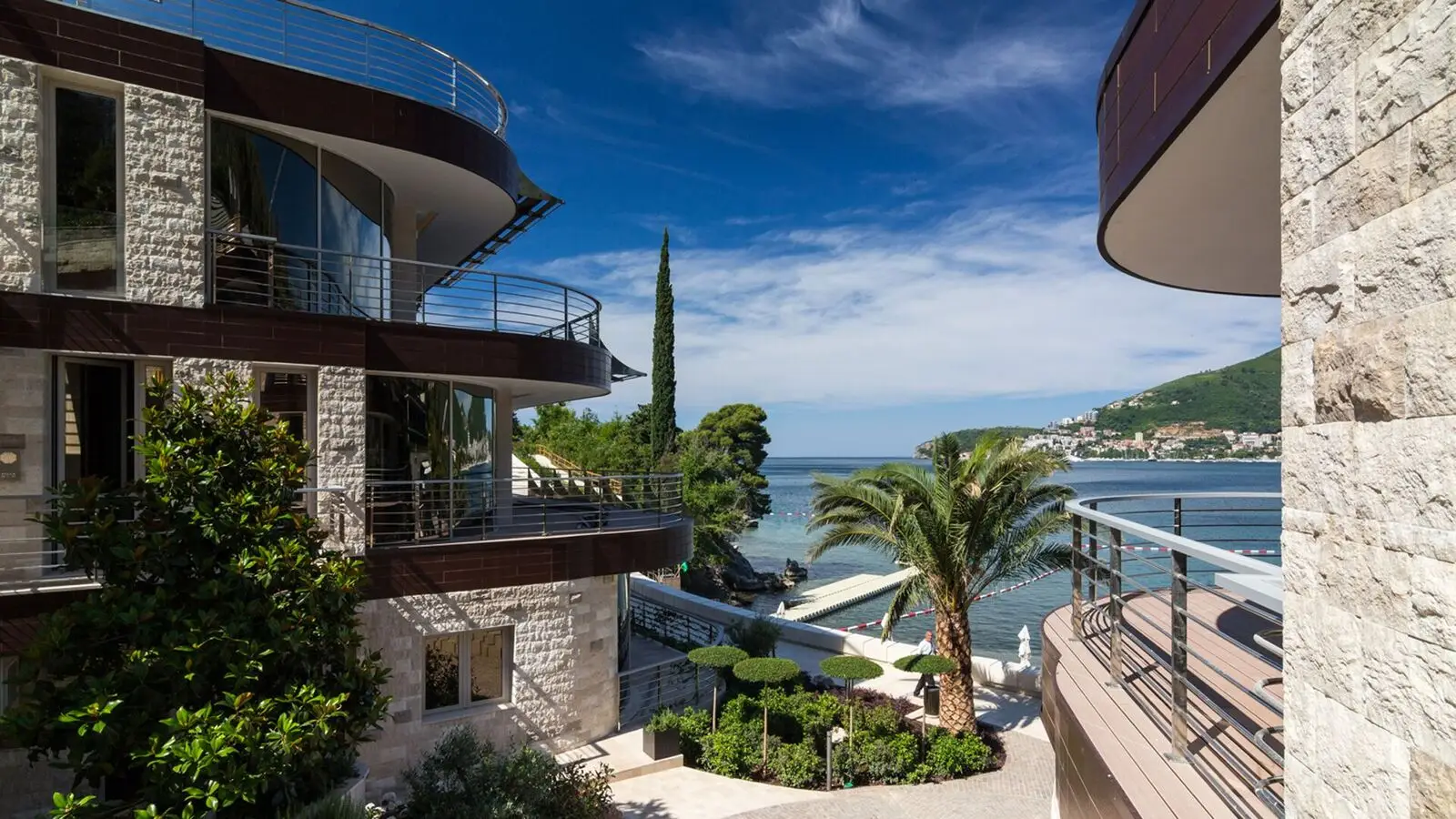
Montenegro’s picturesque coastline and its charming coastal towns make it a great place to live and invest in property. With magnificent views, developed infrastructure and a variety of residential properties, property by the sea in Montenegro is in great demand. Our article will help you choose the ideal region for a comfortable life or a …
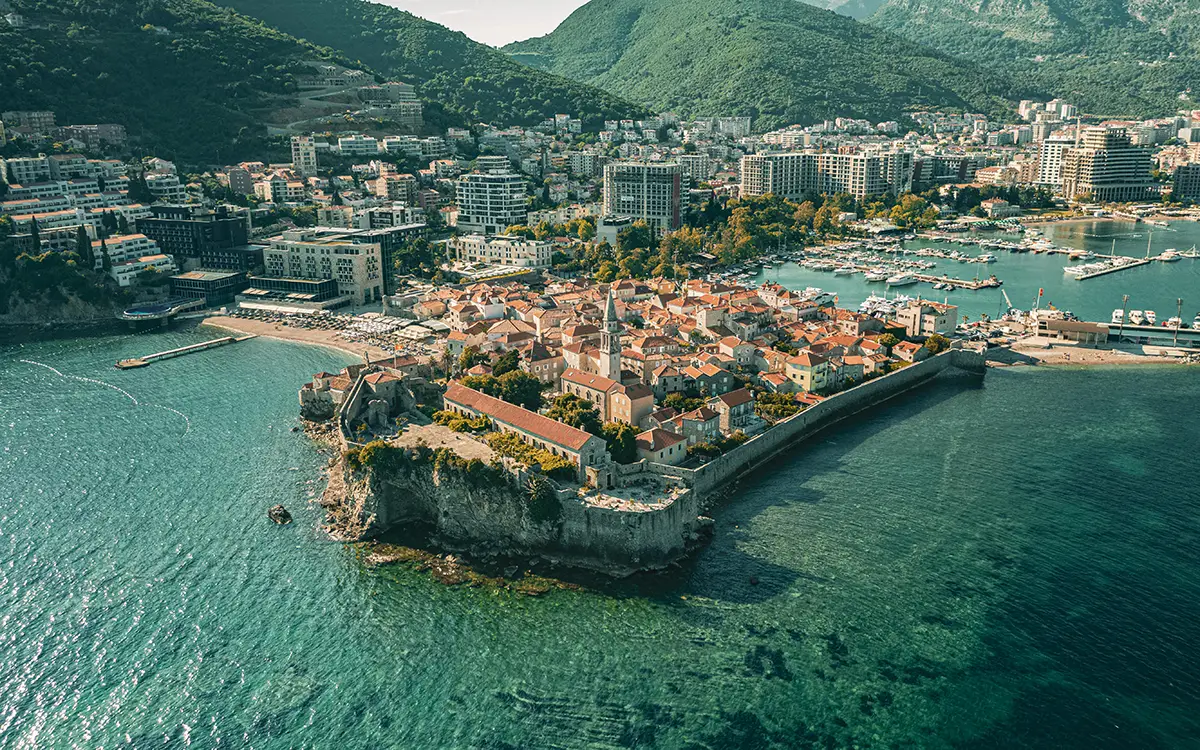
The combination of natural beauty and investment opportunities creates ideal conditions for living and holidaying. Property in Montenegro is a unique opportunity to become a part of a true Balkan fairy tale. Over 300 kilometres of coastline and 100 beaches – choose the right place for you. An in-depth look at property in Montenegro The …
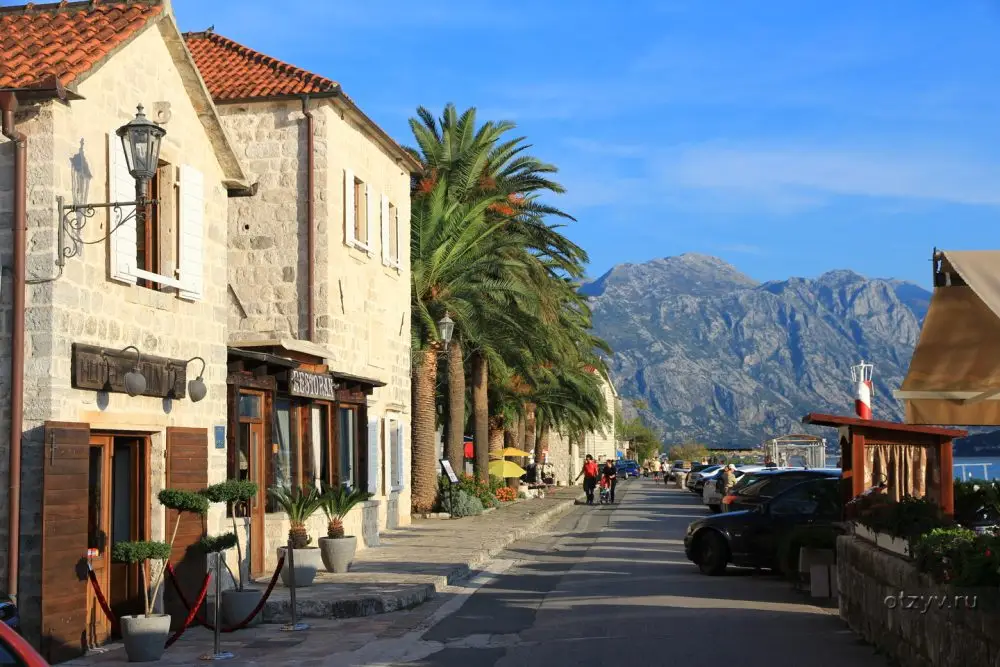
It is not the ticket, but the migration category that triggers a change of country more often. It is on it that depends not just the possibility to stay, but also the quality of life in a new place. The differences between residence permit and residence permit determine everything – from the duration of stay …
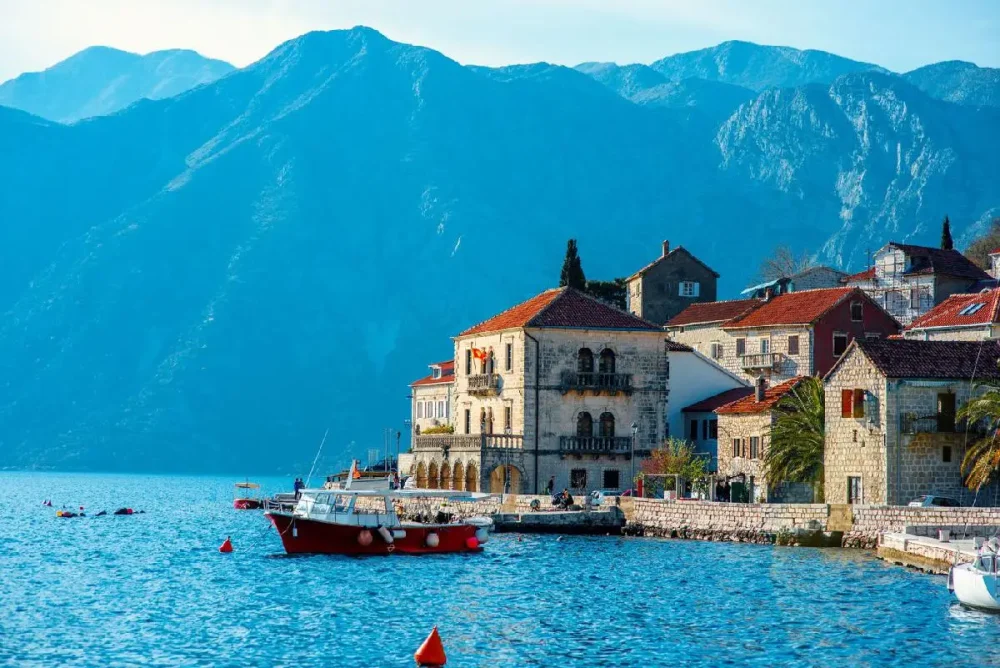
Montenegro has long ceased to be just a picturesque dot on the map. The transition from a tourist paradise to an investment-attractive territory took place imperceptibly, but the effect was loud. The demand for rental property on the coast and in the capital does not decrease neither in winter nor in summer, and the owners …
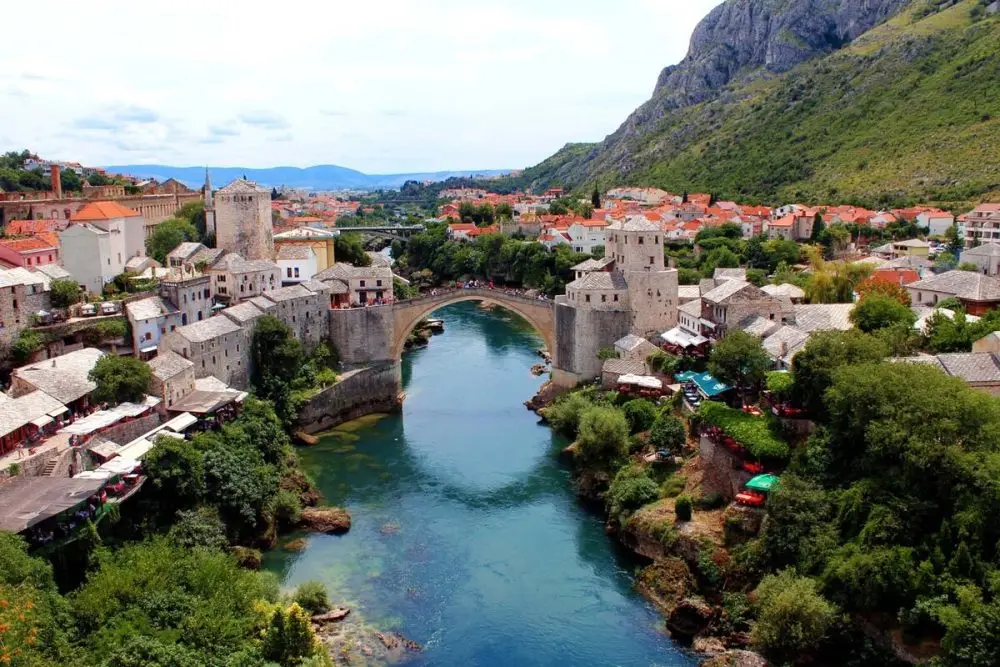
The formula “sun + sea + square metres” has long ceased to be associated exclusively with Spain or Italy. In 2025, the focus of investors has confidently shifted to the Adriatic. Buying property in Montenegro has turned from a spontaneous desire into a rational investment model. The reason is the rare combination of transparent rules, …